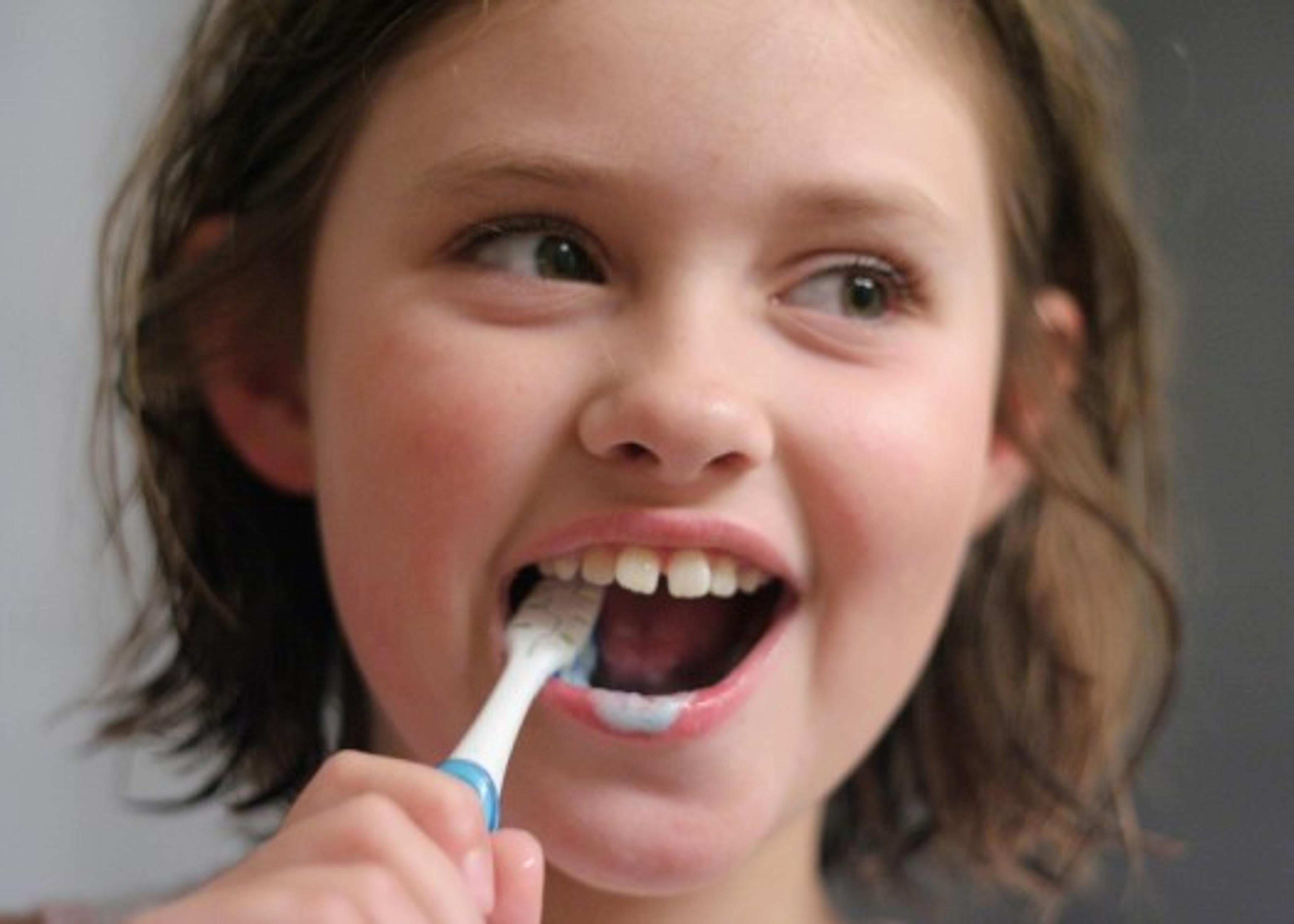Healthy Dental Habits for Kids

Dr. Gary Vance
| 2 min read

From the moment your little one gets their first tooth, it’s time to teach proper dental care. A few lessons now can make a difference in how their healthy habits evolve as they get older.
According to the Centers for Disease Control and Prevention, roughly one in five kids between the ages of two and 19 have untreated cavities. But tooth decay can be prevented completely if kids adopt healthier dental habits.
To get your kids’ oral health off on the right foot, here are a few things to remember:
- Schedule a visit: Seeing a dentist twice a year should be established at a young age. Your dentist will check the progress of the “grown-up” teeth and your kid can continue getting used to the process of visiting the dentist.
- Start early: Problems with baby teeth can impact permanent teeth, so start the oral care habits early. Some dentists even suggest wiping your baby’s gums clean with a soft wash cloth.
- Make brushing fun: Showing your child that brushing his or her teeth can be a fun thing to do as a family could make teeth brushing time a little less stressful. If your child has lost a few teeth, be sure to brush the gums as well.
- Seal it up: It’s become more and more popular for dentists to apply a sealant to children’s permanent molars to help protect the tooth from developing cavities. Be sure to talk to you dentist about options.
For more information on dental options for you and your family, visit bcbsm.com.





